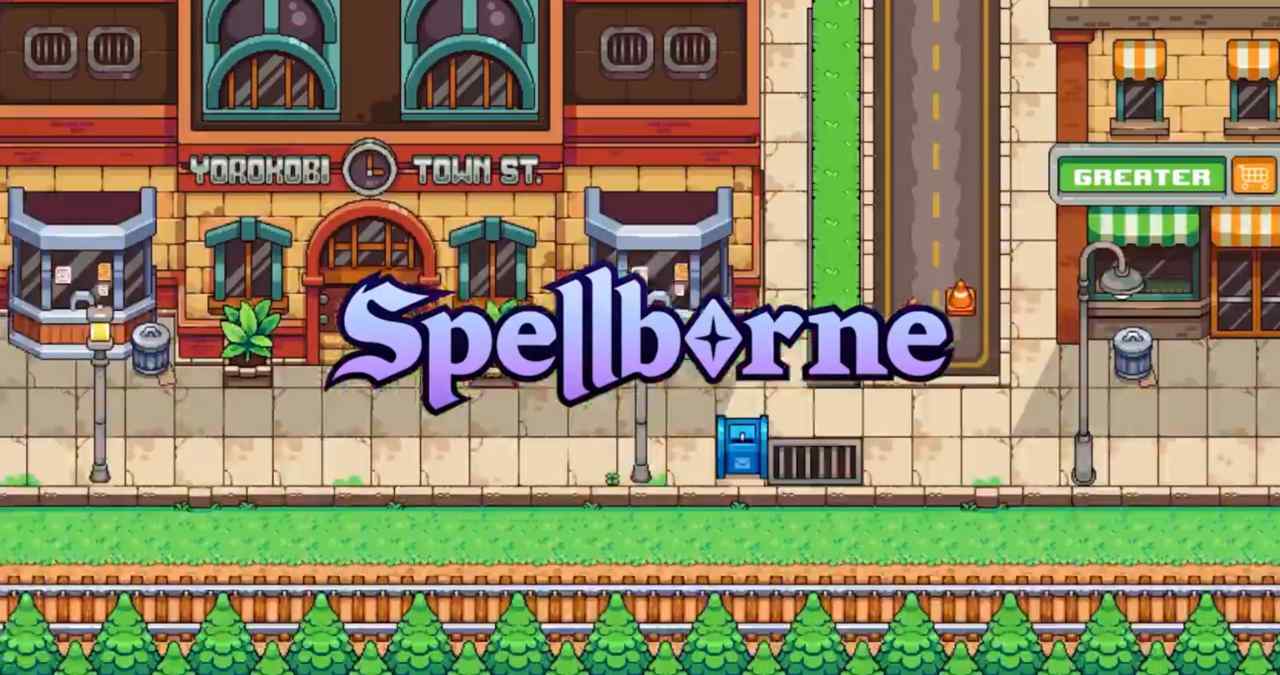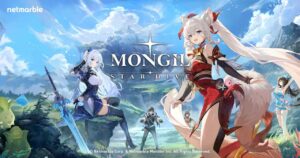The world of Spellborne is about to expand beyond its gameplay loop. The team has confirmed the upcoming launch of $BORNE, the native token that will underpin the economic and governance layers of the dark fantasy PvPvE title. With early access on the horizon, this move is less about hype and more about laying groundwork for systems meant to support the long haul.
Built as an extraction-focused MMORPG with procedurally generated maps and high-risk loot mechanics, Spellborne already leans on scarcity and player decisions. Now, $BORNE adds a financial infrastructure aimed at rewarding long-term participation while giving the community more weight in shaping the game’s trajectory.
$BORNE will anchor governance and staking mechanics
The token isn’t just currency. $BORNE will function as a governance tool, giving holders the ability to vote on future game features, community proposals, and economy-related parameters. That means balancing updates, marketplace fees, or even seasonal mechanics could be influenced directly by the player base.
There’s also a staking component. Players will be able to stake $BORNE in return for ecosystem perks or yield, with added emphasis on locking value for longer-term engagement. This is consistent with trends in other Web3 MMOs, where control and reward systems are shifting toward active contributors instead of passive consumers.
What stands out is the timing. Instead of launching after the game has matured, the token is being introduced as the core game systems are coming online. That choice signals a more integrated approach, but also raises the stakes for early decisions.
Token supply aims to balance liquidity and longevity
$BORNE’s total supply is capped at 500 million, with distribution split across team, investors, community incentives, and in-game rewards. Only a small fraction will be in circulation at launch, with the rest set to unlock gradually based on milestones and vesting periods.
This structure is designed to avoid oversaturation and give the token some breathing room to establish value organically. Early access players won’t be bombarded with token-based mechanics right away, but those who participate can start accumulating influence ahead of the full game rollout.
The team is also using part of the token allocation for ecosystem support. That includes liquidity provisioning, contributor rewards, and partnerships, which suggests they’re preparing for long-term decentralization rather than just a launch-day spike.
Community roles and token utility converge
As the token launches, Spellborne is also setting up a Guild Council, an on-chain group that acts as a governance hub. Guild leaders and key contributors will hold voting power and coordinate proposals. It mirrors decentralized autonomous organization (DAO) structures but is framed around game world logic.
Utility will expand alongside game systems. $BORNE is expected to eventually cover marketplace transactions, companion upgrades, and possibly run entry fees for tournaments or seasonal events. The idea is to avoid a passive token sitting on the sidelines and instead tie it directly into game decisions and player behavior.
The rollout of $BORNE marks the start of Spellborne’s shift into an active Web3 ecosystem. Whether the token holds meaningful value will depend on how well it integrates with the gameplay and how much of the governance power players actually use once the systems are live. For now, it’s a foundational piece falling into place before the real test begins in early access.
Web3 Analyst & Play Blockchain Games Guide
CryptoKit breaks down Web3 gaming like it’s second nature. From tokenomics to airdrop strategies, she turns blockchain chaos into clear, actionable advice for players who want to win more than XP.




